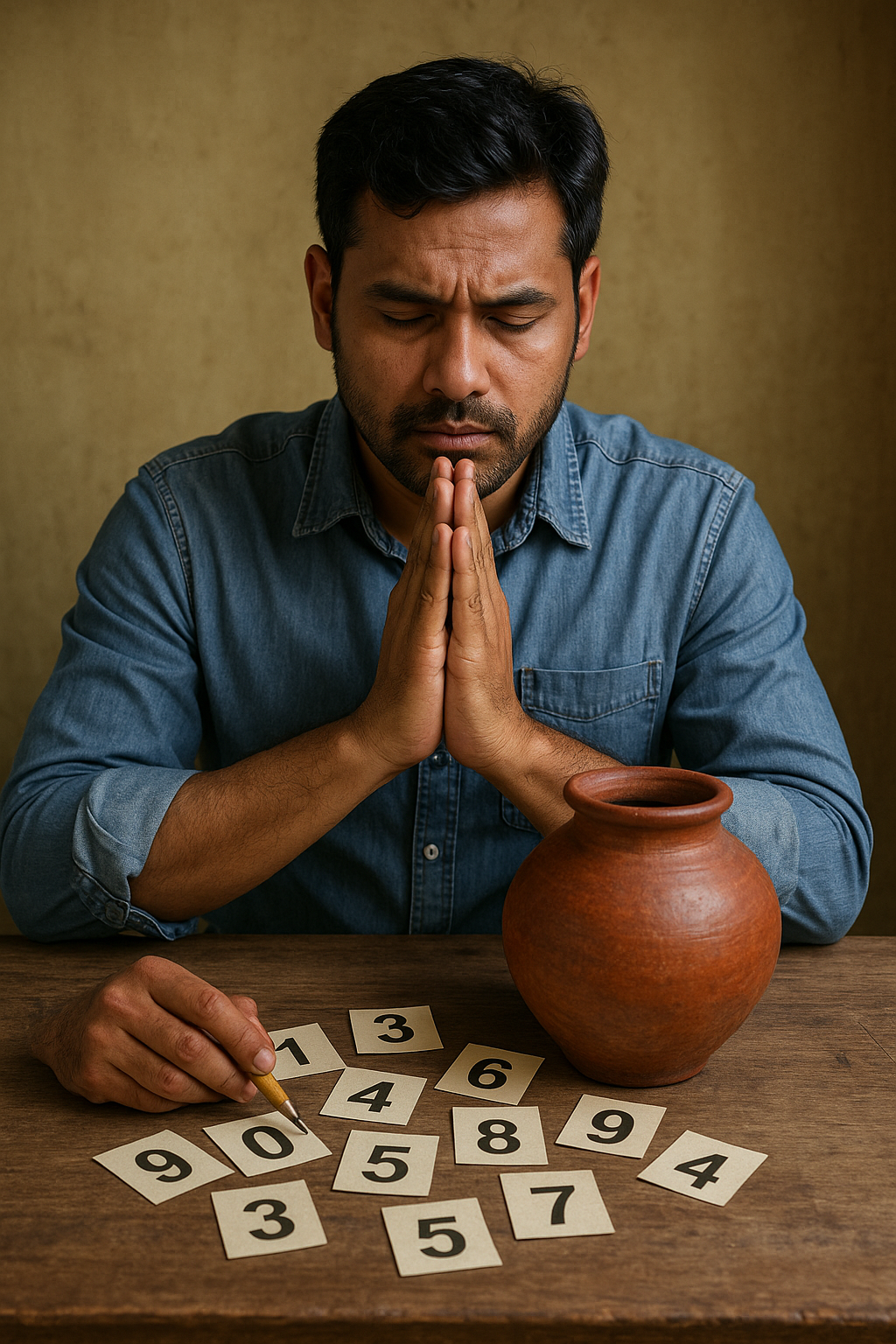
🎲🙏 Mannat Satta Matka: Where Faith Meets Fortune
“Mannat Satta Matka” is a fascinating blend of two powerful elements in Indian society—mannat (a wish made in faith) and satta matka (a risky gambling game). It reflects how spirituality and chance intertwine in the lives of many people searching for luck and prosperity.
🕌🕯️ What is Mannat?
Mannat refers to a sacred vow or prayer made to a divine power. People pray for wishes like health, money, love, or success and often promise an offering—like lighting a candle, donating money, or visiting a shrine—if the wish comes true. It’s an act of hope, belief, and gratitude.
🎰📦 Understanding Satta Matka
Satta Matka is an underground lottery game that started in the 1960s. Originally based on betting cotton prices, it evolved into drawing numbers from a clay pot (matka). Today, it's played both offline and online, despite being illegal in India.
🔗✨ The Connection Between Mannat and Satta Matka
For some players, gambling isn't just about luck—it’s about destiny. Many make a mannat before placing a bet, praying for divine favor. They may visit temples, break coconuts, or vow to donate a portion of their winnings. It's a spiritual ritual mixed with high-stakes risk.
🧠💭 The Social and Psychological Angle
This connection highlights how people try to gain emotional control over uncertain outcomes. It brings comfort and faith—but can also deepen gambling addiction if not kept in check. What starts as hope may turn into a harmful cycle.
⚠️🚫 Caution and Responsibility
Remember, Satta Matka is illegal and dangerous. It can lead to major financial loss and emotional damage. True faith should uplift and guide, not justify risky behavior. Seek safer and legal alternatives to chase your dreams.
💡🌟 Conclusion
Mannat Satta Matka is more than a phrase—it's a cultural symbol of faith, hope, and the search for fortune. Respect the belief, but stay wise in your choices. Sometimes the best bet is on yourself.